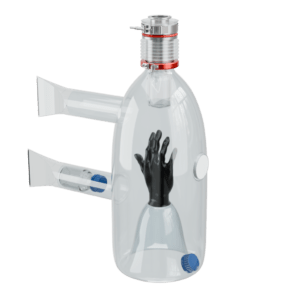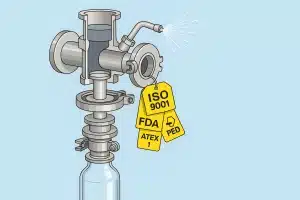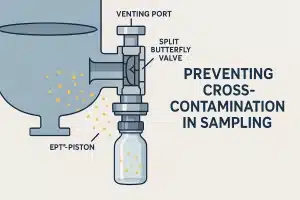Drain valves are essential components in various industrial systems, facilitating the efficient management of fluids, particularly in processes that involve the removal of unwanted liquids or contaminants. Their design and functionality contribute significantly to operational efficiency, safety, and cost-effectiveness in industrial applications. This article explores the key benefits of using drain valves in industrial settings, highlighting their importance across different sectors.
1. Drain valves : efficient Fluid Management
One of the primary benefits of drain valves is their ability to manage fluid levels effectively. In industries where liquids accumulate—such as water treatment, chemical processing, and manufacturing—drain valves allow for the timely removal of excess fluids. This capability helps prevent overflow, which can lead to equipment damage or hazardous situations. For example, in air compressor systems, drain valves remove condensate that can cause corrosion and reduce the lifespan of equipment.
2. Enhanced Safety
Safety is a critical concern in industrial operations. Drain valves play a vital role in maintaining safe working environments by ensuring that hazardous materials, such as oils or chemicals, do not accumulate to dangerous levels. By facilitating the quick removal of these substances, drain valves help mitigate risks associated with spills or leaks. For instance, automatic drain valves can remove water and oil from air braking systems in large vehicles, preventing brake failure.
3. Versatility Across Applications
Drain valves are designed to accommodate a wide range of applications across various industries. They are commonly used in:
– Air Compressors: To remove condensate from air tanks and prevent moisture-related issues.
– Chemical Processing: To drain corrosive or hazardous liquids safely.
– Water Treatment Facilities: To manage excess water and maintain optimal operating conditions.
– Manufacturing Plants: To facilitate the quick removal of process fluids during maintenance or emergencies.
This versatility makes drain valves indispensable tools for maintaining operational integrity across diverse industrial settings.
buy our Flexible containment isolator
4. Drain valves : Cost Efficiency
Using drain valves can lead to significant cost savings for industrial operations. By preventing equipment damage and reducing maintenance needs through effective fluid management, companies can lower repair costs and extend the lifespan of their machinery. Additionally, by minimizing waste and ensuring efficient use of resources, drain valves contribute to overall operational cost reduction. For example, utilizing a dilution drain valve can optimize water usage during draining processes, thus saving on water bills.
5. Automation Capabilities
Modern drain valves often come equipped with automation features that enhance their functionality. Automated systems can control when and how much fluid is drained based on specific parameters set by operators. This capability not only improves efficiency but also reduces the need for manual intervention, which can be prone to errors. For instance, timer-controlled drain valves operate at predetermined intervals to ensure consistent drainage without wasting compressed air.
6. Customization Options
Many manufacturers offer customizable drain valve solutions tailored to specific industrial needs. These options include different materials (such as PVC or polypropylene), sizes, and configurations (like 2-way or 3-way designs). Customization allows industries to select drain valves that best fit their unique operational requirements while ensuring compatibility with various fluids.
7. Durability and Reliability
Drain valves are typically constructed from robust materials designed to withstand harsh operating conditions, including exposure to corrosive substances and extreme temperatures. This durability ensures that they maintain reliable performance over time, reducing the likelihood of failures that could disrupt operations. For example, PVDF (polyvinylidene fluoride) drain valves are known for their excellent chemical resistance and long service life.
8. Environmental Compliance
In today’s regulatory environment, industries must adhere to strict environmental standards regarding waste management and pollution control. Drain valves help companies comply with these regulations by enabling effective waste disposal practices. By removing contaminants from systems before they can escape into the environment, drain valves play a crucial role in promoting sustainability within industrial operations.
Conclusion
In summary, drain valves are vital components in industrial applications due to their numerous benefits, including efficient fluid management, enhanced safety, versatility across applications, cost efficiency, automation capabilities, customization options, durability, reliability, and environmental compliance. As industries continue to evolve and face new challenges related to fluid management and safety regulations, the importance of incorporating high-quality drain valves into operational processes will only increase.
By investing in advanced drain valve technologies and understanding their benefits, industries can optimize their operations while ensuring safety and compliance with environmental standards. Whether in chemical processing plants or manufacturing facilities, the strategic use of drain valves will enhance overall efficiency and contribute to sustainable practices within various sectors.






